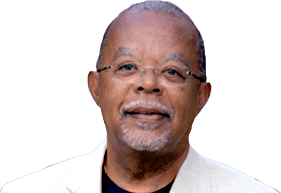Beverly Steele
40 acres & a mule- I live where freed slaves’ descendants still own their 40 acres. The Community of Royal, Sumter County, FL, has a state-issued historic marker. Founded in 1865, Royal was originally known as Picketsville, named for the white picket fences that marked its 40-acre homesteads. It was settled by former slaves from the Old Green Plantation on the Withlacoochee River and called Royal by late 1880s, as recalled by my aunt, Ms. Catherine Latimer, 87 yrs. old. Why the name Royal? Recently, I have learned that before 1835 there was an “old Negro Town”, first called “Royalsville” which then became known as “Picketsville, with free blacks (African slaves), not bothered by the Seminoles and considered as allies, ‘clean blooded’ Black Africans whose parents were tribal leaders (Kings & Queens) and didn’t mix blood with Native Americans or any race. The name changed so future generations would know that first Blacks were African Royalty (thus Royal). Today, I’m the founder of Young Performing Artists (YPAs), Inc. We offer the Royal Historical Enrichment & Art Program (RHEAP) that imparts Royal’s rich history & heritage to our youth, their families, visitors and friends. Housed at a Governor’s Point of Light building.




